
Police arrest 20, 87 welfare visits and £10,000 seized during “county lines” week of action by NIrth Yorkshire Police
North Yorkshire Police arrested 20 people and made 87 welfare visits to 95 vulnerable people during a national week of action to tackle “county lines” drug dealing.
County lines is the name given to a form of organised crime in which drug dealers from urban areas exploit vulnerable people – including children – and force them to deal drugs in smaller towns and cities. It takes its name from the mobile phone lines used by dealers to communicate between towns and advertise their drugs for sale.
The force worked with the Yorkshire and Humber Regional Organised Crime Unit and British Transport Police (BTP) as part of the ‘Week of Intensification’ that took place between 17 and 23 May and was coordinated by the National County Lines Coordination Centre (NCLCC).
The arrests took place in York, Harrogate, Whitby, Thirsk, Scarborough, and on the A1 motorway.
Officers seized a total of £10,000 cash suspected as being the proceeds of crime and a quantity of heroin, cannabis, pregabalin and a large quantity of suspected cocaine which is still undergoing testing but is believed to be worth several thousands of pounds.
Safeguarding and welfare checks
Safeguarding vulnerable people who are caught up in drug dealing is a major concern for North Yorkshire Police and officers worked with partner agencies to carry out welfare visits to vulnerable adults who are known or suspected as being vulnerable to county lines exploitation.
They were given advice and information about staying safe, how to spot the signs of county lines activity and how to get help from specialist organisations for drug and alcohol addiction.
Young people
Young people who have been groomed and exploited by drug dealers often travel long distances on public transport to deliver money and drugs. Officers engaged with transport providers including taxi and bus drivers to raise awareness of how to spot children who may have been exploited and are travelling to North Yorkshire to sell drugs.
They also patrolled railways stations with BTP colleagues where they engaged with rail passengers and were on the look-out for potential victims of trafficking, and drugs being transported into the county.
Chief Inspector Lorraine Crossman-Smith coordinated North Yorkshire Police’s participation in the week of intensification. She said: “Disrupting drug dealing and the associated violence and exploitation continues to be a major priority for North Yorkshire Police.
“The week of intensification has given us an opportunity to demonstrate the type of work that goes on around the force on a daily basis. I am pleased with the results that come in the wake of a number of recent convictions for drug dealing including a gang of 10 and a gang of 4 that targeted York, and a gang of five that plagued Scarborough.
“That said, it is not only about arrests and convictions, it’s also about protecting those who are affected by the violence and intimidation, helping them to break the cycle of addiction and moving them away from the harm that comes from being targeted by ruthless, organised criminals. We can’t do that alone, which is why working with our partner agencies such as housing and addiction services is so important. So my thanks goes to everyone who supported us this week.
“I hope the people of North Yorkshire are reassured that we mean it when we say drug dealing is a priority and that we will take action when they report information to us. You can do this by looking out for the signs of exploitation and drug dealing. If you don’t want to call us, you can pass information anonymously to Crimestoppers. We can and do take action.”
Detective Inspector Mark Catney, County Lines Lead for the Yorkshire and the Humber Regional Organised Crime Unit, added: “Criminals – and in particular those involved in County Lines Crime do not respect local borders and boundaries and so it is important we work together to make the maximum possible impact.
“This was a successful week of action but the sort of work that took place – both to target offenders and safeguard victims is constantly on going.”
SPOT THE SIGNS
Cuckooing
Cuckooing is the term given when drug dealers take over the home of a vulnerable person and use it at a base to sell and store drugs, often using violence and intimidation to achieve this. Cuckooing victims are often drug users themselves, or people who are vulnerable due to a mental or physical disability, their age or lifestyle, such as sex workers and single mothers.
So please look out for your vulnerable neighbours and report any concerns you have.
Signs of cuckooing to look out for include
- Increased callers at a property at all times of the day or night
- Increase in cars pulling up for short periods of time
- Different accents at a property
- Antisocial behaviour at a property
- Not seeing the resident for long periods of time
- Drug-related rubbish – small plastic bags, syringes
- Windows covered or curtains closed for long periods
- Unexplained or untreated injuries
Children are groomed and exploited to deal drugs on behalf of organised criminals. These are the signs to look out for
- Persistently going missing from school or home and / or being found out-of-area
- Unexplained money, clothes, or mobile phones
- Excessive receipt of texts / phone calls
- Relationships with controlling / older individuals or groups
- Leaving home / care without explanation
- Suspicion of physical assault / unexplained injuries
- Carrying weapons
- Significant decline in school results / performance
- Gang association or isolation from peers or social networks
- Self-harm or significant changes in emotional well-being
- Travelling long distances on public transport – is it term time? Should they be in school? Are they paying high cost fares with cash?
Anyone with concerns about county lines can speak to their local police on 101 or call 999 in an emergency. If you’d rather stay anonymous you can call the independent charity Crimestoppers on 0800 555 111.
If you are a young person who is worried about being involved in county lines, or knows someone who is, you can speak to an adult and let them know how you feel.
You can also contact www.fearless.org who allow you to pass on information about crime anonymously.
You can also contact Childline on 0800 1111 – they are a private and confidential service where you can talk to counsellors about anything that is worrying you.
Get help for drug addiction
- North Yorkshire Horizons https://www.nyhorizons.org.uk/
- NHS https://www.nhs.uk/live-well/healthy-body/drug-addiction-getting-help/
- FRANK helpline and information https://www.talktofrank.com/
- Compass Reach (young people) https://www.compass-uk.org/services/north-yorkshire-compass-reach/


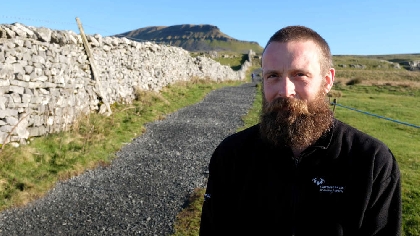 Pen-y-ghent path fixed
Pen-y-ghent path fixed
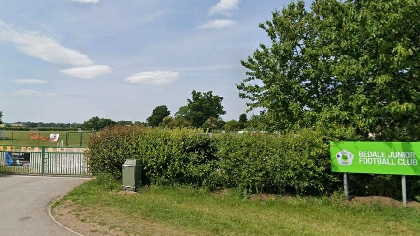 Good news for Bedale football club
Good news for Bedale football club
 Dales photography competition returns to celebrate our most loved landscapes
Dales photography competition returns to celebrate our most loved landscapes
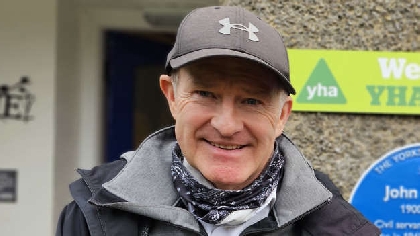 Long-serving Yorkshire Dales park authority chief to retire
Long-serving Yorkshire Dales park authority chief to retire
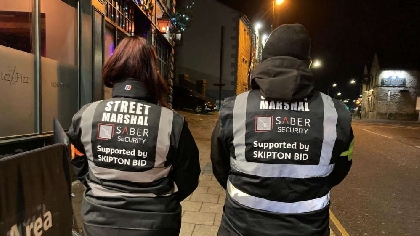 Skipton Street Marshals to return and support welfare over busy festive period
Skipton Street Marshals to return and support welfare over busy festive period
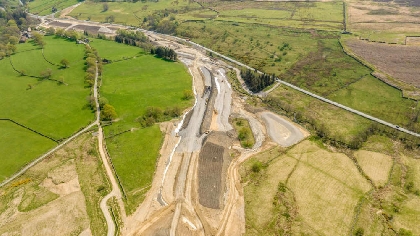 Don’t blame wildlife for £11.7m Kex Gill overspend, say Green councillors
Don’t blame wildlife for £11.7m Kex Gill overspend, say Green councillors
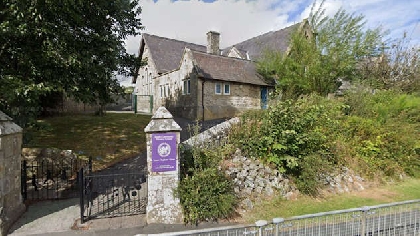 Dales school restructuring won’t make difference to pupils education
Dales school restructuring won’t make difference to pupils education
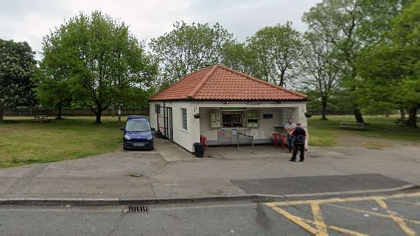 Details behind sudden closure of A66 cafe emerge
Details behind sudden closure of A66 cafe emerge





Comments
Add a comment